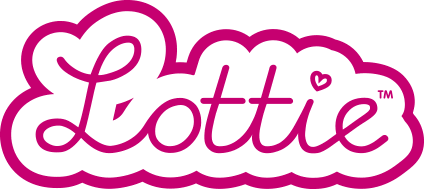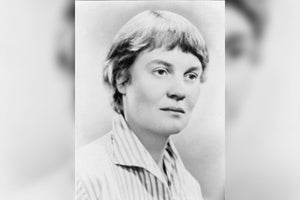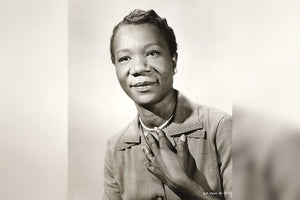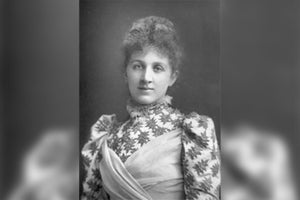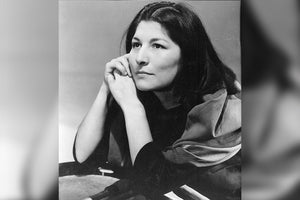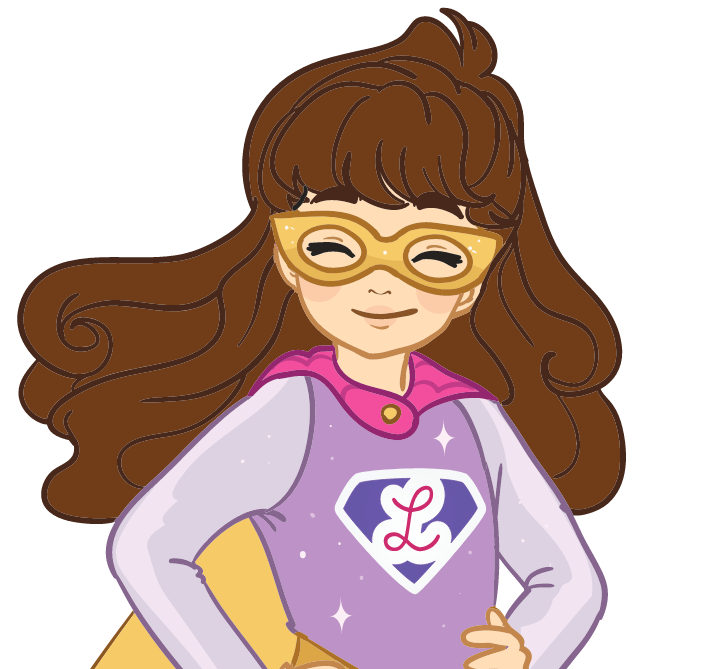Birthday: March 8, 1839
Who is Josephine Cochrane?
Hailing from a family of inventors and engineers, Josephine Garis Cochrane was an American inventor, socialite, and entrepreneur who made the very first commercially successful automatic dishwashing machine. Despite the lack of opportunities for most American women in the 19th century, Cochrane managed to receive her U.S. patent for her “Dish Washing Machine” in 1886.
Five Facts about Josephine Cochrane
- She didn’t finish school and married William A. Cochran at the age of 19 in 1858
- She had two children: a daughter named Katharine and a son named Hallie who died at an early age of two
- It was her frustration when she found out that the servants had chipped the dishes (fine china) while washing them that led Cochrane to come up with the idea of a dishwashing machine
- In 2006, she was inducted into America’s National Inventors Hall of Fame
- As a tribute to her revolutionary invention, the government of Romania issued a stamp with her face on it in 2013
Inspirational quotes from Josephine Cochrane
“If nobody else is going to invent a dishwashing machine, I’ll do it myself.”
“They knew I knew nothing, academically, about mechanics and they insisted on having their own way with my invention until they convinced themselves my way was the better, no matter how I had arrived at it.”
“When it comes to buying something for the kitchen that costs $75 or $100, a woman begins at once to figure out all the other things she could do with the money. She hates dishwashing—what woman does not?—but she has not learned to think of her time and comfort as worth money.”
“If I knew all I know today when I began to put the dishwasher on the market,” Josephine said near the end of her life, “I never would have had the courage to start. But then, I would have missed a very wonderful experience.”
Josephine Cochrane biography
Early Life
Josephine Garis was the daughter of a civil engineer, John Garis, and Irene Fitch Garis. She was born on March 8, 1839 in Ashtabula County, Ohio and was later raised in Valparaiso, Indiana. Her grandfather, John Fitch, invented America’s first patented steamboat. Her unique upbringing made Josephine, by nature, resolute to solving things and finding solutions to problems that come her way.
When she married William A. Cochran at the age of 19, she adopted his last name but affixed an extra letter “e” at the end. Their family lived quite an affluent life, mainly due to William’s successful dried goods business.
Turning Point
Josephine became a socialite and hosted grand dinner parties, boasting her collection of heirloom fine china dating back to the 1600s. To her frustration, some dishes were accidentally chipped by servants while washing them. Eventually, she came up with a brilliant idea of inventing a contraption that will mechanically solve not only her problem but also that of other households.
Despite being widowed in 1883, Josephine persevered and vowed to sketch out her own design. With the help of a mechanic named George Butters, Josephine’s first prototype dishwashing machine was completed.
Though she wasn’t the pioneer when it comes to dishwashing machines, her version was regarded to be the first to make use of compartments that hold the dishes in place as well as water pressure in cleaning the dishes, which is rather different from the previous iteration’s scrubbers.
In 1885, she filed her first patent application and received U.S. patent no. 355,139 for her very own invention a year later.
Mission and Work
At first, her Garis-Cochran Company struggled with the slow manufacturing of the dishwashing machines, mainly due to limited capital. However, during the World’s Columbian Exposition in 1893, fortunes turned the table in favor of Josephine. The event bestowed a one-off break for her dishwashing machine and her company gained wide publicity and sales. Massive orders flooded from hotels, restaurants, and even colleges and hospitals from neighboring states.
In 1898, she scaled up her business, with George Butters as the manager, and rebranded to Crescent Washing Machine Company.
Death and Legacy
At age 74, Josephine Cochrane died on August 14, 1913 from a stroke or nervous exhaustion at her home in Chicago. She was buried at Glenwood Cemetery in Shelbyville, Illinois.
In 1917, she ultimately received a posthumous, second patent for her dishwashing machine. Crescent Washing Machine Company, the company she founded, was later acquired by Hobart Manufacturing Company in 1926. The company is known to produce dishwashers under the brand KitchenAid. Fast forward to 1986, KitchenAid was acquired by Whirlpool Corporation.
Up to this day, Josephine Cochrane’s contribution to society is evident in almost all common households in the nation. To honor her legacy, she was inducted into America’s most prominent National Inventors Hall of Fame in 2006. Subsequently, in 2013, despite having no inherent connection to the country, Romfilatelia, Romania’s postage issuing agency, released a stamp that bears her face as a part of a three-stamp series of innovative women in history.
![]() Fast Shipping
Fast Shipping![]() Subscribe to our Newsletter
Subscribe to our Newsletter![]() 🌟 New Global Competition 🌟
🌟 New Global Competition 🌟

